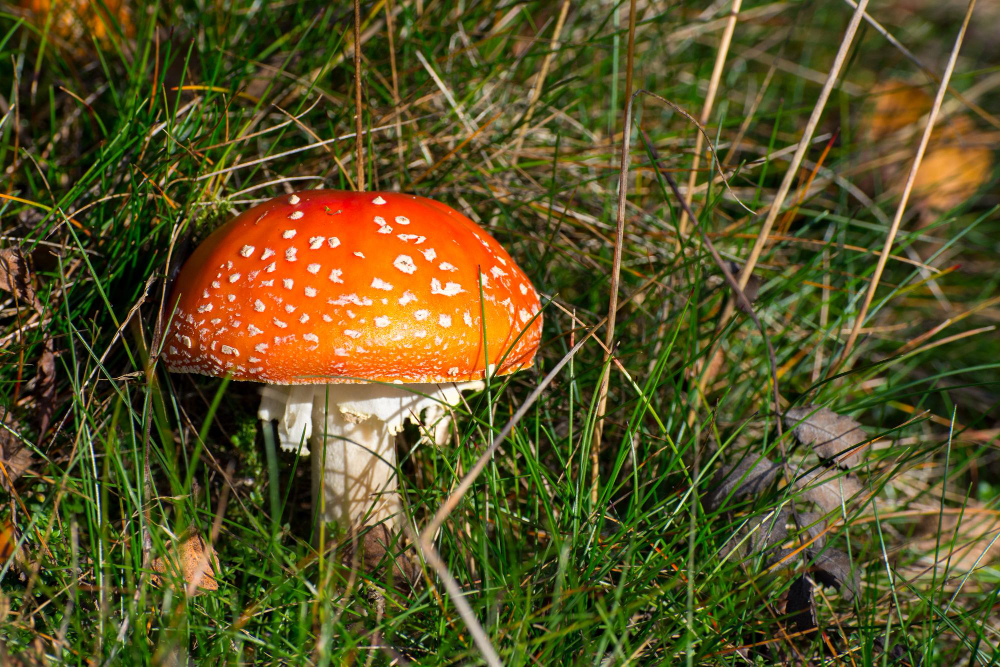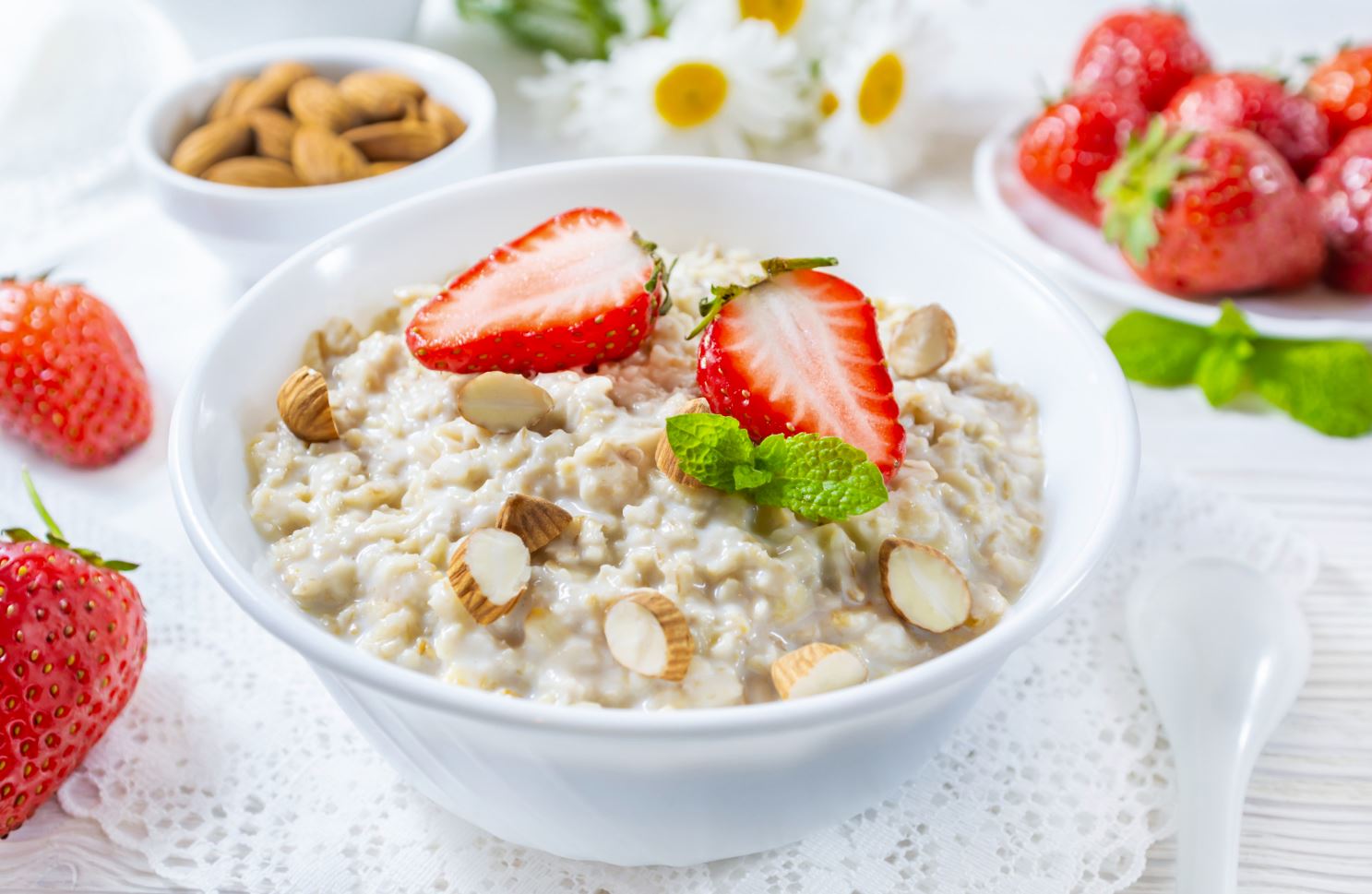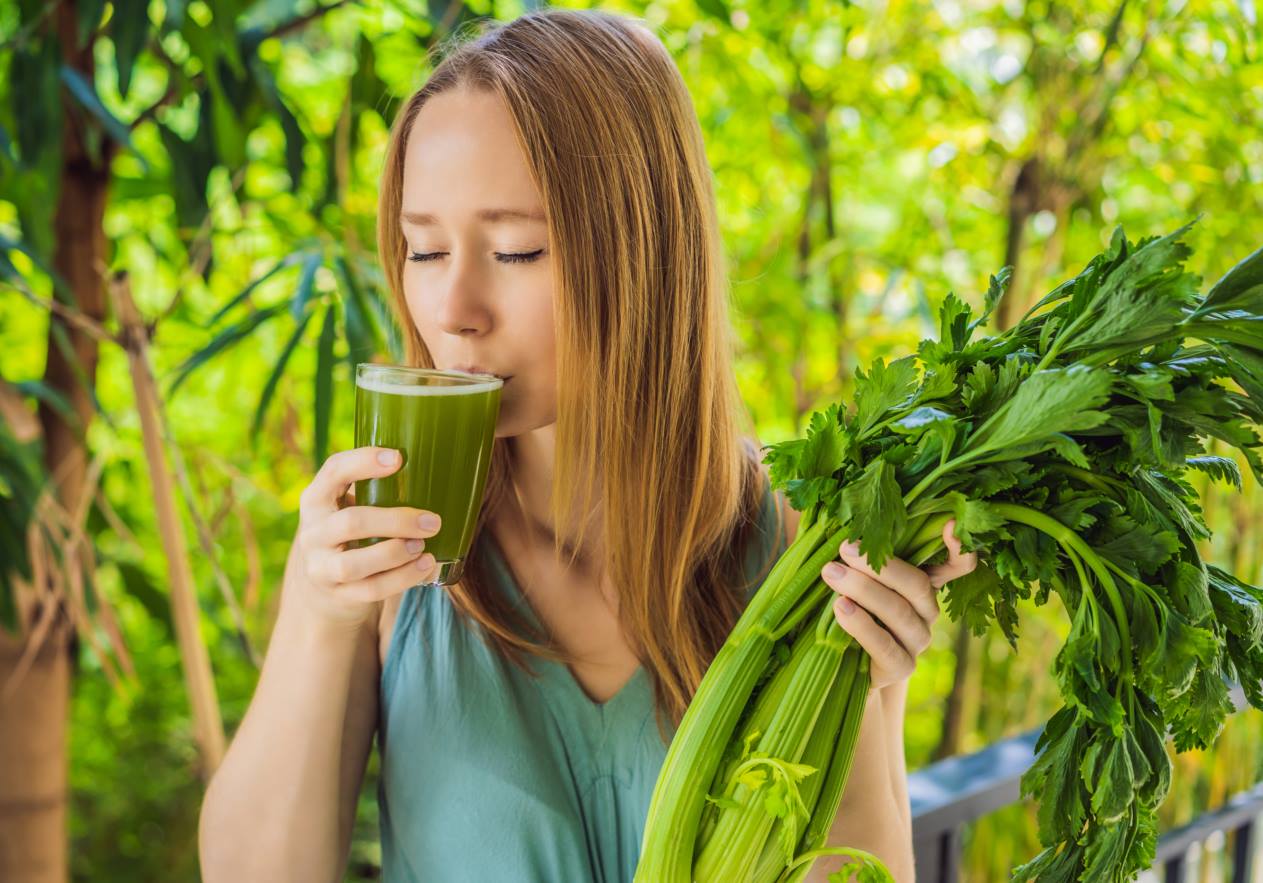Heart-Healthy Diet: Food For Clean Arteries

According to statistics from the CDC, an American citizen has a stroke every forty seconds, which accounted for one in six deaths from cardiovascular disease in 2021. Clogged arteries are the most frequent reason for strokes. This article will explain what clogged arteries are and how certain foods can naturally clear them.
How Do Arteries Become Clogged?
There are multiple factors that lead to artery clogging. People usually experience this issue due to several causes that increase the risk of developing clogged arteries. Common risk factors for clogged arteries include:
- Diabetes
- High blood pressure
- Obesity
- Sedentary lifestyle
- Unhealthy diet
- Smoking cigarettes
- Family history and genetics
How To Unclog Arteries Naturally?
Several lifestyle factors can increase your risk of developing atherosclerosis. Some of the most common risk factors include poor sleep hygiene, mental health issues like anxiety or depression, smoking, and lack of physical activity.
Another noteworthy factor that puts you at a high risk of clogged arteries is unhealthy dietary habits. By adhering to a nutritious eating routine, we can naturally cleanse our arteries and maintain good heart health.
15 Foods That Unclog Arteries
Without further ado, let’s take a look at the top 15 foods that prevent atherosclerosis and help you unclog arteries naturally.
1. Tomatoes
The red color of tomatoes comes from the lycopene found in this plant. This organic compound also helps in the unclogging of arteries. Lycopene has antioxidant properties and can reduce your blood pressure.

2. Berries
A 2010 study shows that berries bring various health benefits, such as supporting cardiovascular health, reducing inflammation, and improving oxidation. The healthiest fruits from this group include strawberries, cranberries, blackberries, blueberries, and raspberries.
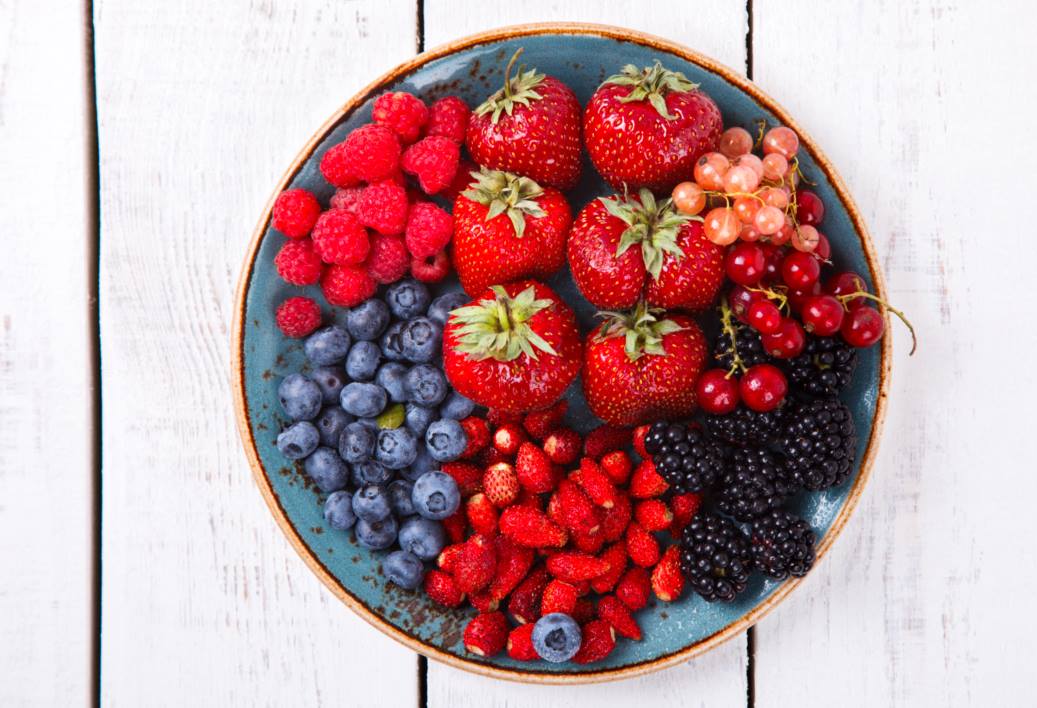
3. Leafy Greens
Leafy green vegetables like spinach, lettuce, kale, and arugula contain nitrates, which play a vital role in reducing inflammation and improving blood vessel function. They are also high in potassium, which makes them effective in preventing vascular calcification.
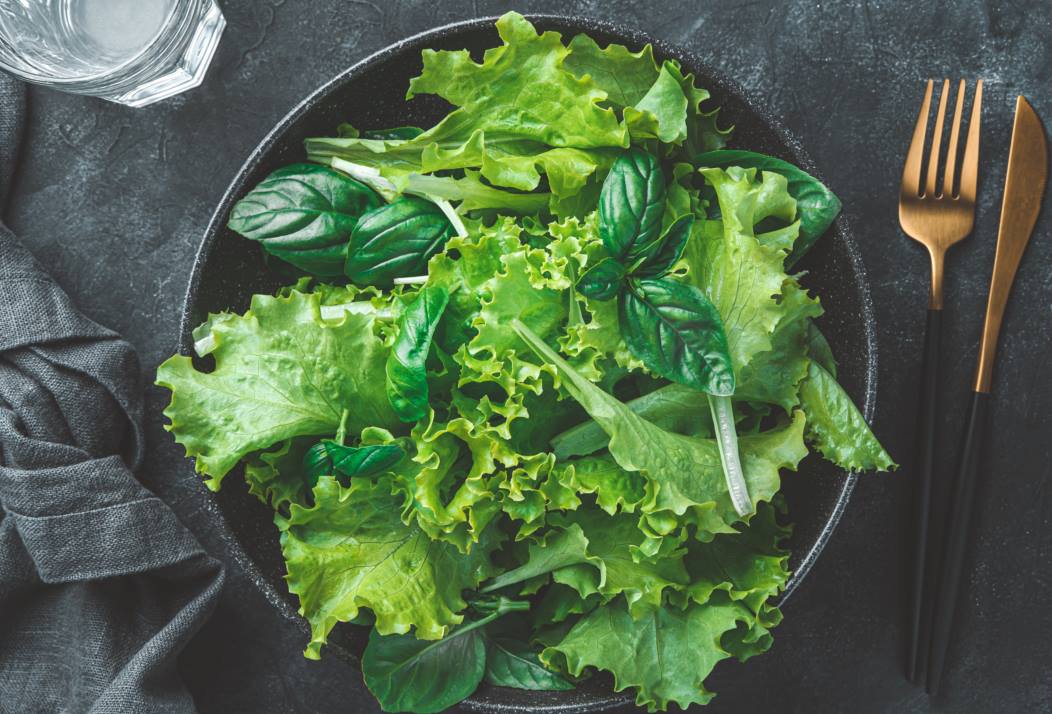
4. Cruciferous Vegetables
Broccoli, cabbage, and cauliflower can help prevent clogged arteries by reducing the thickness of the carotid artery walls. Furthermore, these vegetables can decrease arterial calcification.
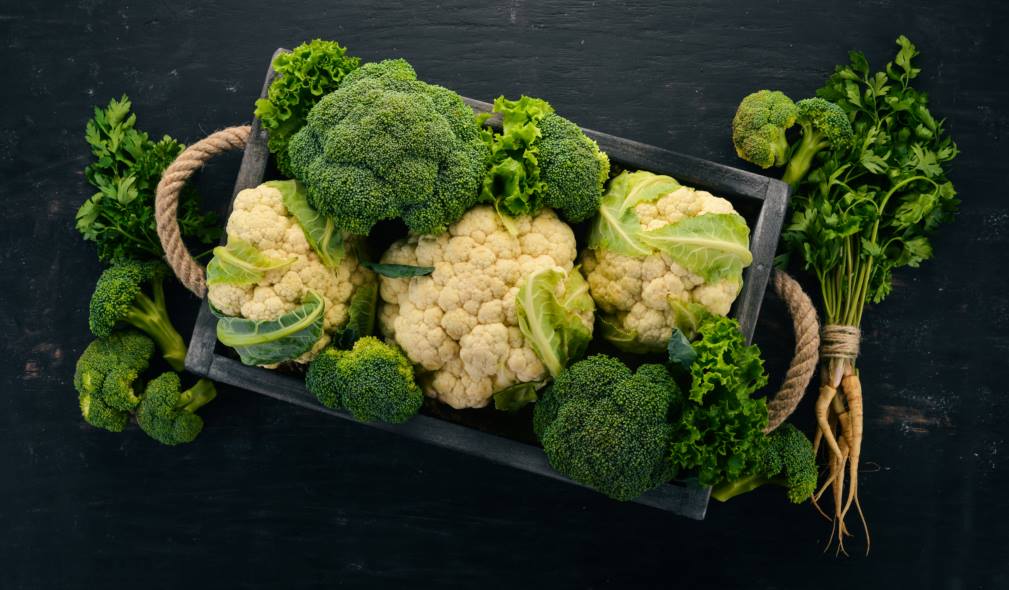
5. Citrus Fruits
Citrus fruits (such as lemon, orange, and grapefruit) are a great source of vitamins, minerals, and flavonoids. Flavonoids have anti-inflammatory properties and prevent the oxidization of bad cholesterol.

6. Fish
Fish contain high levels of omega-3s, which can prevent blocked arteries by lowering the amount of proteins called cellular adhesion molecules.

7. Beans
Research shows that beans significantly benefit cardiovascular health, such as reducing blood pressure and improving artery function.

8. Onions
The presence of sulfur in onions can protect heart health by preventing inflammation in blood vessels and increasing nitric oxide levels.

9. Avocado Oil
Avocado oil is an excellent alternative to olive oil that contains healthy fats, such as PUFA and MUFA. Moreover, incorporating avocado oil into your diet can help increase HDL (good cholesterol) levels and improve heart health.
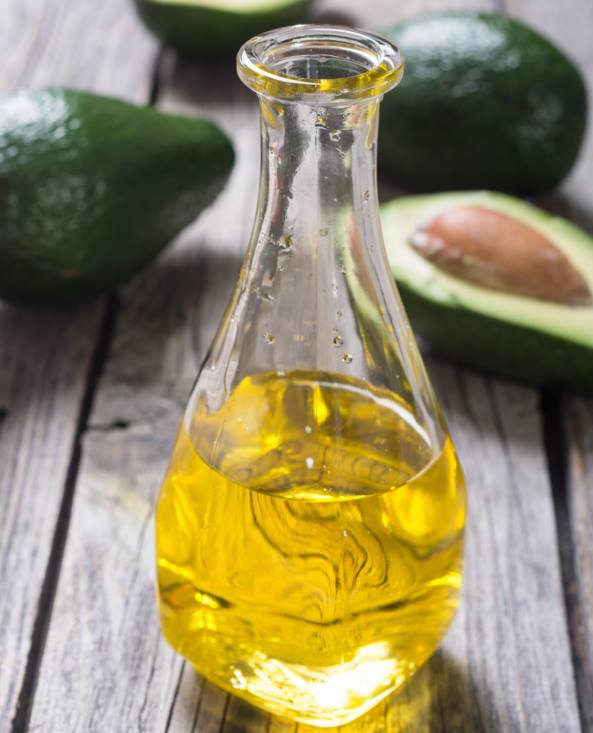
10. Oats
The soluble fiber found in oats supports artery health by reducing the speed of digestion. This leads to a prolonged feeling of fullness and enhances our ability to manage our blood sugar and cholesterol levels more efficiently.

11. Apples
“An apple a day keeps the doctor away” is more than just a saying; it is scientific truth. Studies prove that apples can lower bad cholesterol levels, reduce body fat, and decrease the risk of blocked arteries and stroke.

12. Watermelon
Apart from their refreshing taste, watermelons contain vitamins, minerals, and fiber that can prevent LDL oxidation and unclog arteries.

13. Pistachios
According to a 2017 study, pistachios are high in vitamin E, potassium, and healthy fats. Their high levels of fiber can help reduce your levels of bad cholesterol, inflammation, and oxidative stress.

14. Asparagus
Due to its high levels of vitamin C and potassium, asparagus can reduce your risk for hypertension and atherosclerosis.

15. Sweet Potatoes
Sweet potatoes are loaded with vitamins A, C, and E, as well as potassium, protein, and fiber. Therefore, they can help maintain healthy cholesterol and blood sugar levels.

Final Thoughts
Eating the foods mentioned above can keep your arteries clean and bring additional benefits to your cardiovascular health. A well-balanced diet with lots of fruits, vegetables, whole grains, and plant-based protein is crucial for our overall well-being.









